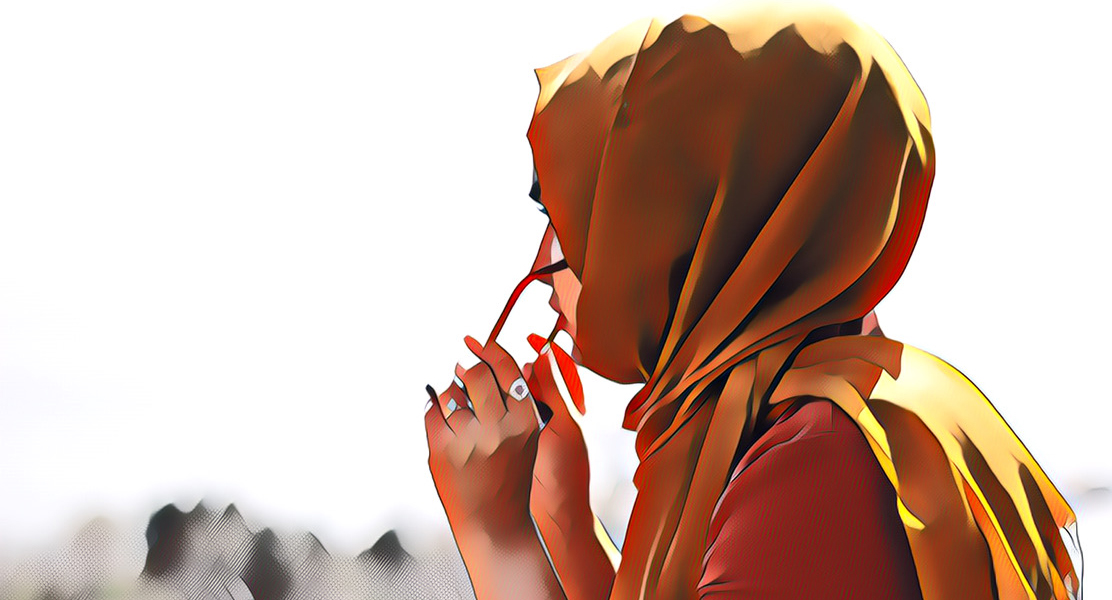NY judge: Muslim women’s suit over forced removal of hijab for booking photo can proceed for money damages

A state court refused to dismiss claims brought by two Muslim women challenging the policy of the New York Police Department that requires arrestees to remove religious headwear for their booking photo. Jamilla Clark and Arwa Aziz were forced to submit to such photos, despite their religious belief that removing the hijab in front of men who are not in their immediate family violates their Muslim faith.
They claim that the policy, which has since been rescinded pursuant to a settlement agreement, violated their religious freedom rights under the First Amendment and the Religious Land Use and Institutionalized Persons Act (RLUIPA). They explained that the experience left them “distressed by the prospect of the photograph being viewed again and again.” The city asked the court to dismiss the suit because the NYPD policy supported the need to identify prisoners and maintain safety and security. But the court rejected that position:
Both parties agree that the City has a legitimate governmental interest in maintaining a photographic record of arrestees. But, Clark and Aziz have no alternative means of exercising their right to wear a hijab in public, at all times. The Policy, although sometimes inconsistently applied, still requires that Clark and Aziz remove their hijabs and makes their photographs available to men. The Court agrees with Plaintiffs that permitting observant Muslim women to wear a hijab while being photographed as part of booking procedure would have reasonably accommodated their beliefs and also would be less burdensome on the NYPD.
Even further, the court pointed out that for identification purposes, it makes more sense to photograph the women with their hijabs on:
Allowing an arrestee to maintain her ordinary appearance in a Booking Photograph does not undermine the legitimate interest of keeping a photographic record of arrestees. The United States Department of State, the USCIS, and the New York State Department of Motor Vehicles all allow religious head coverings in photographs used for identification. Police departments in Michigan, California, Minnesota, and Maine also allow arrestees to wear religious head gear while sitting for a mug shot…. In fact, photographing the arrestee in her ordinary appearance likely furthers law enforcement’s interest in identification—rather than impeding such interest—because arrestees who have a sincere religious belief that requires them to wear a head covering are likely to be wearing that same covering when the need to identify them arises.
The court further agreed with the plaintiffs that money damages are available to plaintiffs in a suit against a municipality under RLUIPA, calling it an “unsettled question of law” in their circuit, but adopting the view of the 5th U.S. Circuit Court of Appeals on that point.
In recent years, Muslim women have won the right to wear the hijab in many settings, overturning rules forbidding headwear that kept them from participating fully in society, from scholastic sports teams to workplaces to the floor of the U.S. House of Representatives. Close examination of those policies as in this case reveals little justification for such a significant burden on a person’s sincere religious beliefs that headwear is mandated by their faith.




